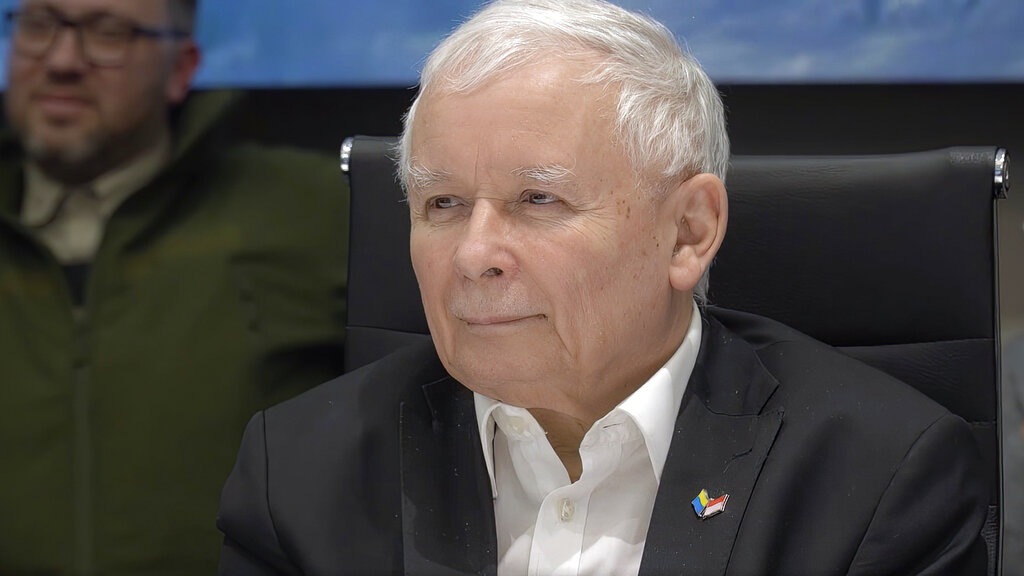Leader of Poland’s Law and Justice (PiS) party Jarosław Kaczyński has voiced disapproval of the proposed changes to European Union treaties, interpreting them as “an existential threat to the Polish state.”
In an interview with the Polish Press Agency (PAP), Kaczyński characterized the alterations as “a strategy orchestrated by external powers, specifically Berlin through Brussels,” to dissolve the sovereignty of Poland, reducing it to a territory merely inhabited by Poles but governed from the outside.
The resolution was passed by the European Parliament on Wednesday with a narrow vote where 291 MEPs were in favor, 274 against, and 44 abstained. Notably, nine Polish MEPs (representing mostly the Polish left) voted for the resolution; had they voted otherwise, these votes could have overturned the push for treaty amendments. Kaczyński lambasted all MEPs who voted against halting this mechanism, including the Polish representatives, labeling their action in particular as a betrayal of Polish interests.
The conservative politician expressed his suspicion that the Civic Platform (PO) party’s opposition to the changes to the EU treaties (most of the PO MEPs voted against the changes) was mere “tactical maneuvering rather than a principled stand.” He suggested that their opposition could be temporary and swayed by political pressure and current political dynamics.
“Only the naive can believe that, in essence, the PO will not support the changes at a later stage. It is worth continuing the offensive of the forces that disagree with expanding the competencies of EU structures at the expense of member states, which in reality amounts to the dissolution of the European Union as we know it. This madness must be stopped,” declared the leader of PiS.
Kaczyński said the proposed treaty changes could create an uneven Union, granting certain states like Germany autonomous decision-making powers in key areas while stripping the same from others, including Poland. He warned this could lead to a division within the Union, creating a hierarchy of states with unequal rights and powers.
Despite the Polish parliament’s inaction on a resolution opposing the treaty changes (the PiS notion was blocked by the new parliamentary coalition), Kaczyński assured that his party would continue to resist any amendments that jeopardize Polish sovereignty.
He committed to raising awareness among Polish citizens about the potential dangers of the proposed changes, which could centralize crucial decisions on security, taxation, foreign policy, and migration in Brussels, albeit effectively in Berlin.
Kaczyński also addressed the issue of “European strategic autonomy,” a concept discussed in the European Parliament suggesting the reduction of American military presence in Europe, which he deemed as impractical and a display of strategic helplessness. He argued that such a move would leave Europe vulnerable, especially in the context of the ongoing threats from Russia.
“To build forces to secure against Russian aggression, an effort would have to be made that the European Union, currently with empty coffers, cannot afford. The concept of strategic autonomy is essentially a concept of strategic helplessness,” Kaczyński said.
“Such a Europe would be at the mercy of Russia, with all the consequences that entails. A large part of European elites does not want to understand this,” he added.






